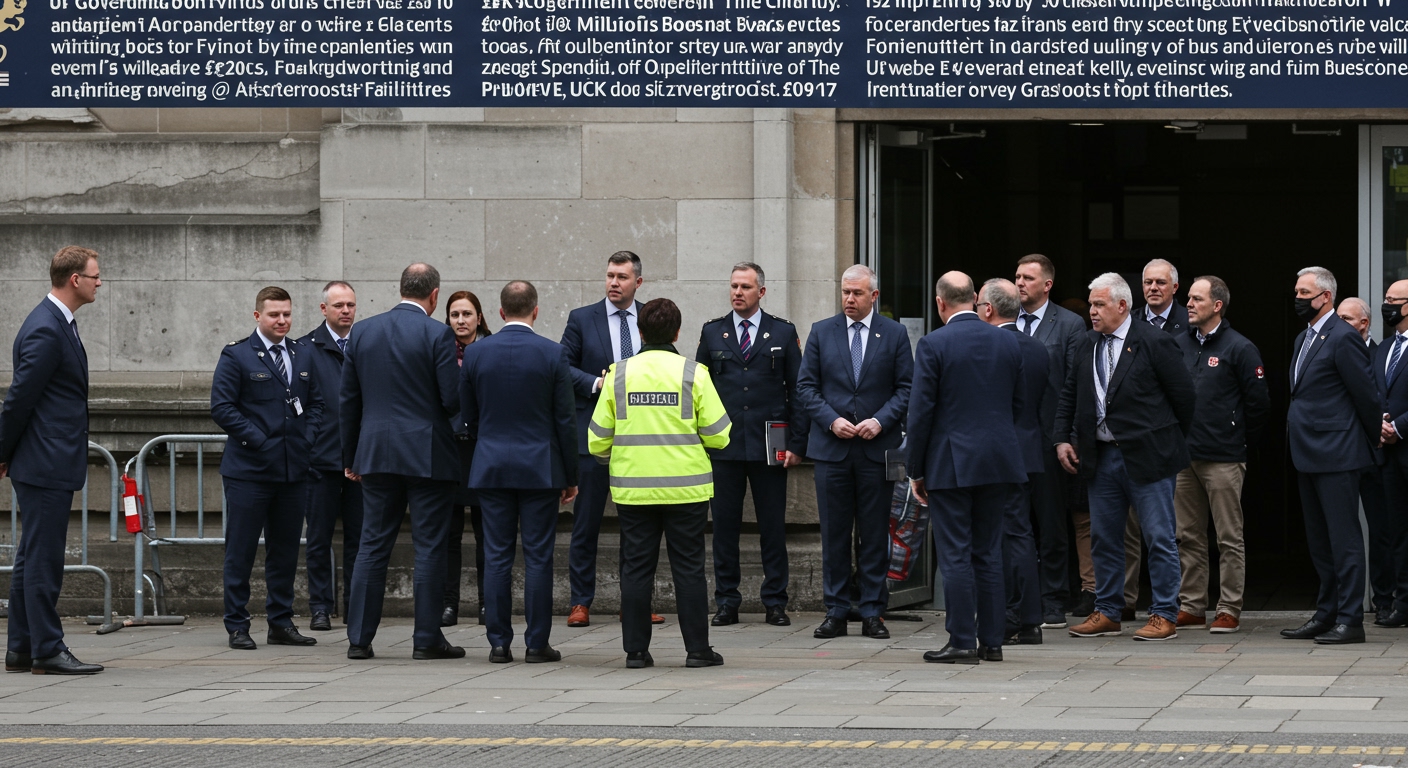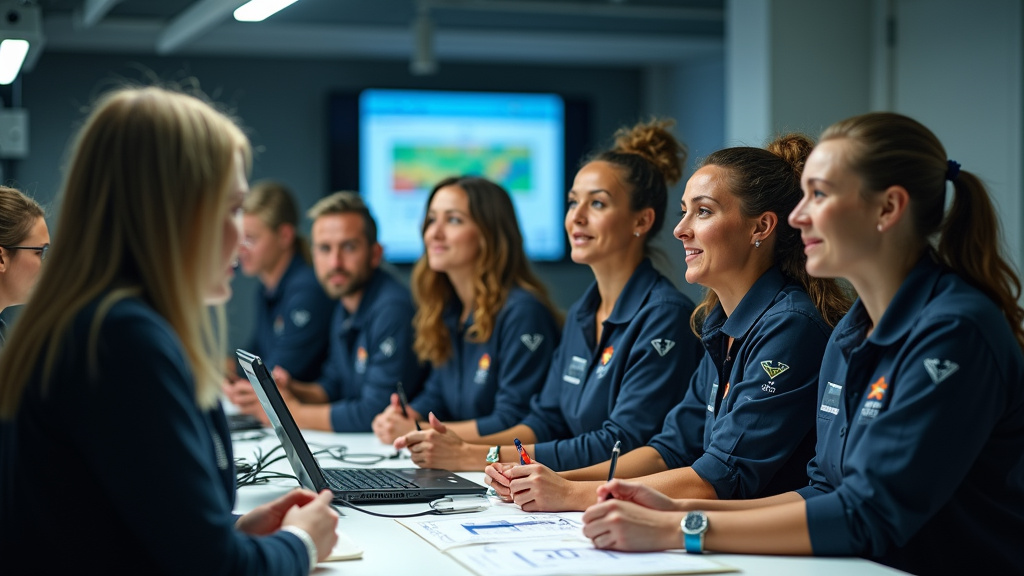London, UK – The United Kingdom government has announced a significant investment of more than £900 million (equivalent to approximately US$1.2 billion) aimed at bolstering the nation’s sporting landscape, encompassing both high-profile major events and essential grassroots facilities across the country.
The substantial funding package was unveiled on Thursday night by Lisa Nandy, the UK’s secretary of state for culture, media and sport, highlighting the government’s strategic focus on leveraging sport for wider societal benefits. The financial commitment, previously outlined in last week’s spending review, is set to be divided across two key pillars of the UK’s sports ecosystem.
Funding Allocation Details
A significant portion of the investment, exceeding £500 million (approximately US$674 million), is earmarked specifically for supporting the delivery and hosting of major international sporting events. This allocation underscores the UK’s ambition to remain a premier destination for global competitions, bringing prestige, tourism, and economic activity to the nation.
Among the high-profile events set to benefit from this substantial funding are the co-hosting of the prestigious UEFA Euro 2028 football championship, the 2026 European Athletics Championships, scheduled to take place in Birmingham, and the highly anticipated men’s and women’s Tour de France Grand Departs, slated for two years’ time. This targeted investment aims to ensure these events are delivered successfully, showcasing the UK’s organizational capabilities and world-class sporting infrastructure.
Parallel to the focus on elite events, a minimum of £400 million (around US$539 million) is dedicated to enhancing community sport through investment in grassroots facilities. This funding is specifically allocated for the development of new and upgraded grassroots sports facilities throughout the UK. The objective is to improve the quality and accessibility of local sports venues, from playing fields to community sports centres, making it easier for people of all ages and abilities to engage in physical activity.
Strategic Objectives
The government articulated several key strategic aims underpinning this considerable financial injection. Foremost among these is the ambition to drive economic growth. Major sporting events act as significant economic catalysts, attracting international visitors, generating revenue through hospitality and tourism, and creating jobs. Simultaneously, investment in grassroots facilities can stimulate local economies through construction, maintenance, and the increased activity around community sports clubs.
Another crucial aim is to unite communities. Sport has a unique capacity to bring people together, fostering social cohesion and shared identity, whether through supporting national teams at major events or participating in local sports leagues and activities. Enhanced facilities and successful event hosting are expected to strengthen these community bonds.
Furthermore, the investment seeks to inspire participation in sport and physical activity. The visibility of major events can motivate individuals, particularly young people, to take up sports. Improved grassroots facilities remove barriers to participation, providing safe, accessible, and high-quality environments for training, playing, and competition, thereby encouraging more people to lead active lifestyles.
Preparing for Future Bids
A forward-looking element of the investment highlighted is its potential to support a future bid for a major global tournament: the women’s Fifa World Cup in 2035. While not a direct allocation for the bid itself, the funding for major events demonstrates the UK’s capacity to host world-class tournaments, and the investment in grassroots facilities ensures a legacy of improved infrastructure that could be vital for hosting such a large-scale international competition. This prepares the groundwork and strengthens the UK’s proposition for future hosting opportunities in women’s sport, which is experiencing significant growth in popularity and participation.
Government Vision
Speaking on the announcement, Secretary of State Lisa Nandy emphasized the government’s commitment to recognizing the multifaceted value of sport. The investment reflects a belief in sport’s power not only as a source of national pride and international standing but also as a fundamental tool for promoting public health, social inclusion, and economic prosperity at both national and local levels. The strategy aims to create a sustainable legacy, ensuring that the benefits of this funding are felt for years to come, from elite athletes competing on the world stage to children playing in their local parks.
This substantial £900 million commitment signals a clear intention from the UK government to invest significantly in the future of sport, ensuring the country remains competitive on the international stage while simultaneously strengthening the foundations of sport within its own communities. The balance between supporting major events and bolstering grassroots infrastructure is designed to create a virtuous cycle, where elite success inspires participation and a strong grassroots base nurtures future talent. The funding, drawn from last week’s spending review, represents one of the most significant government investments in UK sport in recent history, setting the stage for a potentially transformative period for the sector.





